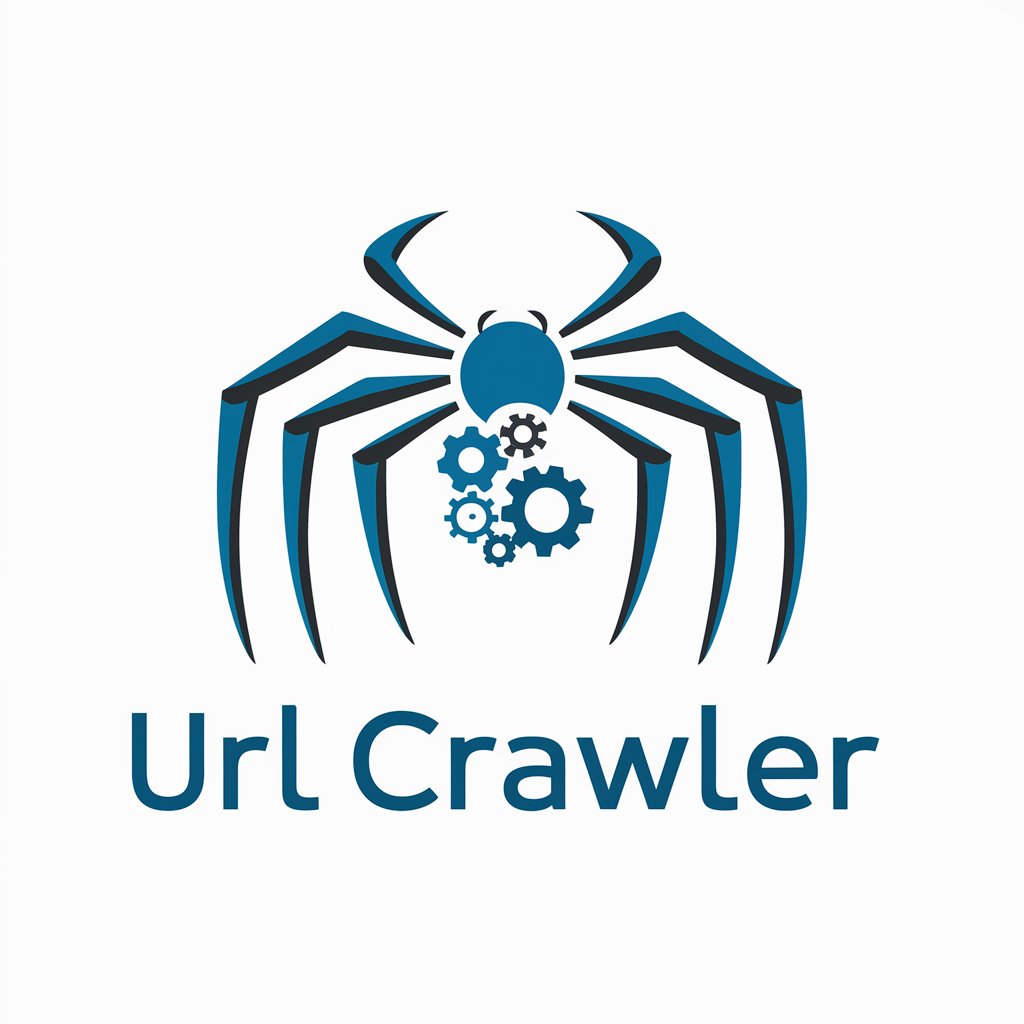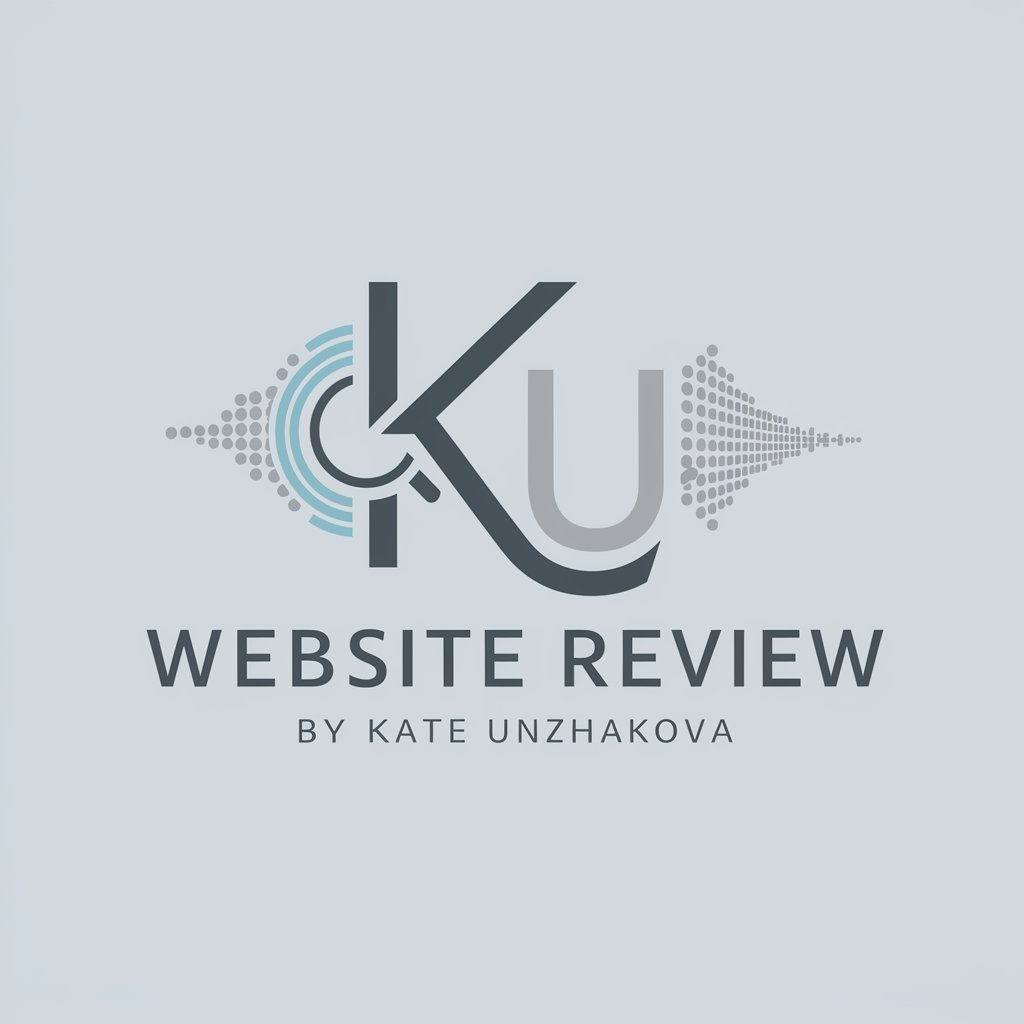
Website Analysis - Website Evaluation Tool

Hello! Let's dive into your website for a thorough analysis.
Optimize your website with AI-powered analysis
Analyze the website for its marketing effectiveness and user experience...
Evaluate the clarity and simplicity of the text on this webpage...
Assess the mobile responsiveness and design of this site...
Review the SEO optimization and metadata setup for this website...
Get Embed Code
Understanding Website Analysis
Website Analysis involves a comprehensive review and evaluation of web pages to improve their effectiveness, user engagement, and conversion rates. It encompasses a deep dive into various aspects of a website, including its design, content, functionality, and overall user experience. The purpose of Website Analysis is to identify strengths and weaknesses within a website's structure and strategy, offering actionable insights to optimize for better performance, enhanced user satisfaction, and increased conversions. An example scenario might involve analyzing an e-commerce site to increase sales by improving product descriptions, streamlining the checkout process, and enhancing mobile responsiveness. Powered by ChatGPT-4o。

Core Functions of Website Analysis
User Experience (UX) Evaluation
Example
Assessing the navigation structure of a tech news website to ensure that readers can easily find articles of interest, leading to increased engagement and time on site.
Scenario
A scenario could involve using heat maps and user feedback to identify confusing navigation elements, then recommending changes to improve clarity and user flow.
Conversion Rate Optimization (CRO)
Example
Optimizing a landing page for a software company to boost sign-ups by testing different call-to-action (CTA) placements and messaging.
Scenario
This might include A/B testing various CTA buttons and headlines to determine which combinations lead to the highest conversion rates.
Content Analysis
Example
Evaluating the content of a health and wellness blog to ensure it is engaging, authoritative, and SEO-friendly, aiming to increase organic search traffic and reader trust.
Scenario
Analyzing keyword usage, readability scores, and backlink profiles to suggest improvements that could enhance search engine rankings and user engagement.
Technical SEO Audit
Example
Identifying and fixing technical issues on a real estate website that are hindering its visibility on search engines, such as broken links, slow loading times, and improper use of tags.
Scenario
Conducting a crawl of the website to uncover and document technical flaws, then prioritizing these issues based on their impact on SEO performance.
Who Benefits from Website Analysis Services
E-commerce Businesses
These entities can significantly benefit from website analysis to optimize product pages, streamline checkout processes, and improve user experience, ultimately leading to higher sales and customer retention rates.
Content Creators and Bloggers
By understanding which topics and types of content resonate with their audience, as well as optimizing for search engines, content creators can increase their visibility, reader engagement, and advertising revenue.
Small Business Owners
Small businesses can leverage website analysis to create a more effective online presence, attract more customers, and compete more effectively with larger companies by improving their website's usability, content, and SEO.
Digital Marketing Professionals
These professionals use website analysis to develop and refine online strategies for their clients, ensuring that websites are optimized for user engagement, lead generation, and conversions.

How to Use Website Analysis
1
Begin by visiting the website of interest for analysis, focusing on its structure, content, and functionality.
2
Identify the website's target audience, main purpose, and the products or services it offers.
3
Evaluate the website's design, including layout, navigation, mobile responsiveness, and loading speed.
4
Analyze the website's content quality, SEO optimization, and social media integration.
5
Provide recommendations for improvements based on the analysis, aimed at enhancing user experience and conversion rates.
Try other advanced and practical GPTs
Visión Inbound
Empower Your Content with AI Insight

Chibi Creator
Bring Imagination to Life with AI

Ar.Bot
Empowering Design with AI Insights

A Copy Writer
Crafting your brand's digital voice with AI.

Signal Sage
Demystifying Signals and Systems with AI

HypnoMaster voor Paul Veth
Empowering Your Mind, Enhancing Your Life

Filipino words synonyms
Discover the richness of Filipino language

Trivias
Empower Learning with AI-Generated Trivia

WebDesignAI
Empower Your Design Process with AI

Asesor Inmobiliario GPT
Empowering Real Estate Decisions with AI

Revit C# Add-In Expert
AI-powered Revit development assistant

Post Purchase Pal
Your AI-powered after-sales assistant

Website Analysis Q&A
What is Website Analysis?
Website Analysis involves evaluating a website's structure, content, and functionality to improve user experience and conversion rates.
How can Website Analysis improve my website?
By identifying areas for improvement, such as design, content, and SEO, and providing actionable recommendations.
What do you look for in a website's design?
Consistency, intuitive navigation, mobile responsiveness, and visual appeal are key factors.
How important is SEO in Website Analysis?
SEO is crucial for improving visibility, driving traffic, and enhancing the overall user experience.
Can Website Analysis help with conversion rates?
Yes, by optimizing the website's design, content, and user journey, you can significantly improve conversion rates.






